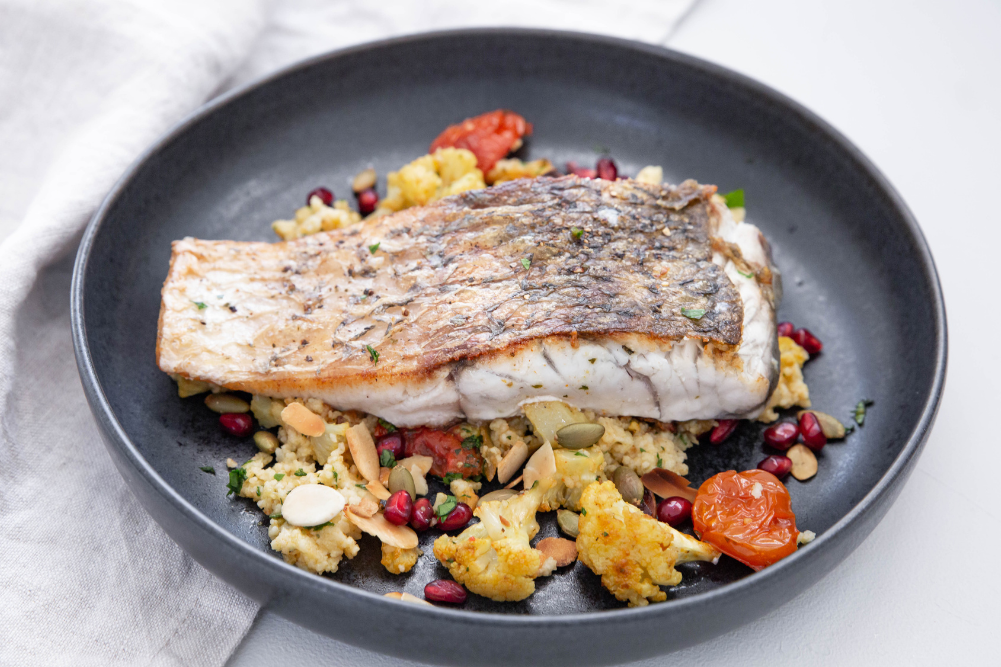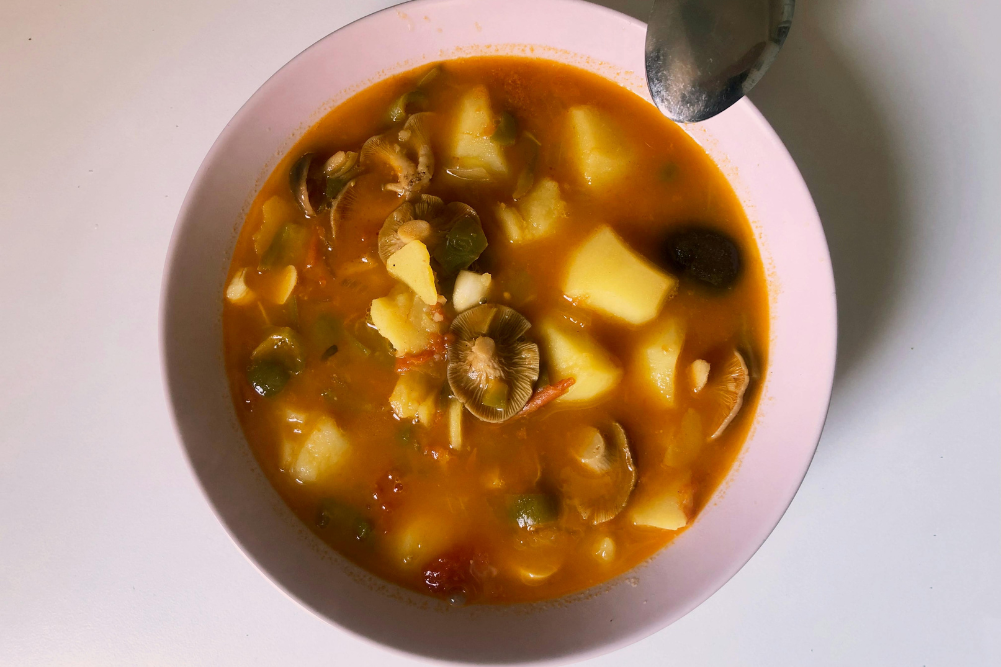Sugar in your cup
Are you one of those people who like to know why and how things work or are mostly content to be an end user? Does it matter to you that vision begins with light triggering changes in cells in your retina that initiate neural impulses that are interpreted by the brain primarily in the occipital cortex, or do you just see what you see? Do you care that beams, arches, trusses and suspensions are essential to all bridge design or do you just want to get to the other side? If you fall into the “get to the other side†camp then what follows may not interest you because researchers have found exactly what is going on when you put sugar into your coffee or tea.
The new research has delved into the ways in which caffeine, sugar, and water interact at the molecular level to combine to give the flavour that you enjoy in your favourite beverage. What they found was a little bit surprising.
Although caffeine is big part of why people drink coffee and tea, as it has a stimulating effect, it is the caffeine that gives the drinks a good portion of their bitter flavour. So you might think that adding sugar to your drink is simply masking the bitterness of the caffeine but you would be wrong, as something far more complex is going on within your cup.
We have known for a while that caffeine molecules tend to stick together when in water and that this tendency is enhanced by the addition of cane sugar to the mixture. However, what the new research suggests is that sugar and water have such an affinity that the caffeine molecules stick together even more strongly in order to avoid the sugar. The stronger the caffeine molecules are sticking together the less they are liberated to give you a sensation of bitterness. So it is not just the sweetness of sugar that makes your coffee or tea seem less bitter, it is that at the molecular level your drink is less bitter because the compounds that are causing the bitterness are clustering together and so less exposed to your taste buds.
None of this is to encourage using sugar in your drinks because we all know the pitfalls of too much sugar in your diet. Additionally, this might not change the way your next cup of coffee or tea tastes but if you are one of those people who get off on how things work, then it might change your appreciation of that beverage. For those of who don’t give a tinker’s cuss for how things and yet have managed to read on to this point then the takeaway is; coffee, tea…mmmm…good.







